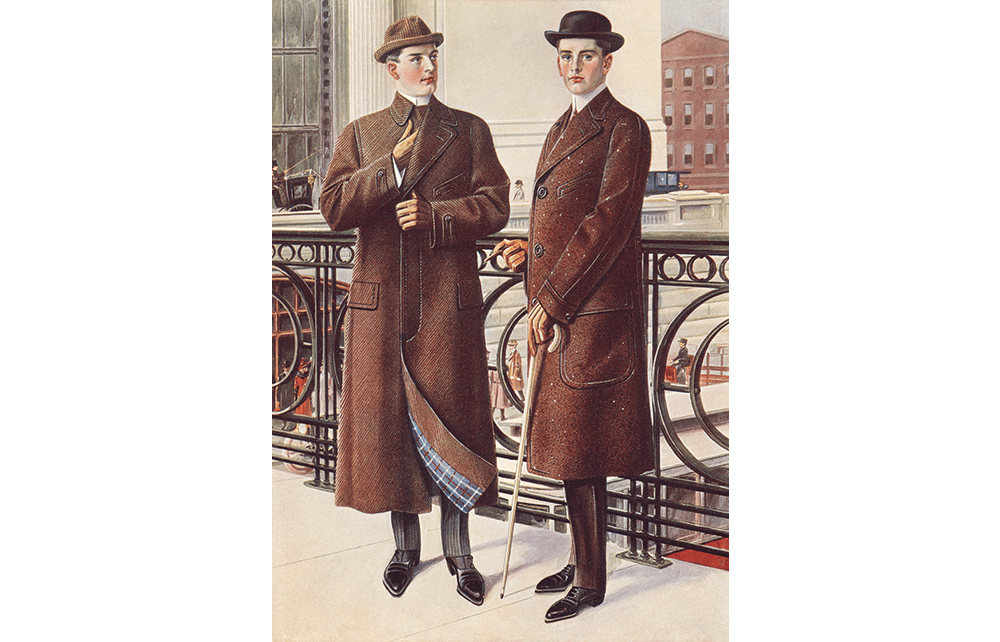Ask a certain type of class warrior about the old boys’ network and they’ll tell you of ruddy-faced men in club ties, offering each other’s offspring summer internships. Or perhaps they’ll talk of thrusting bankers, who as children shared showers and a chilly dormitory, plotting to hire old school friends over more deserving candidates. Wink wink, nudge nudge, chortle chortle.
What websites like ToucanTech and Gravyty have developed is essentially social media in a school tie
There is probably still a little bit of truth in that. But in the past few years, it’s become much easier for any school to run an alumni network. Many independent schools, and an increasing number of state schools, have built dedicated websites where former students can find one another.
Kate Jillings is one of the founders of ToucanTech, which runs alumni network websites for major private schools such as Winchester and Rugby, but also top state schools like the London Oratory, Aylesbury Grammar and Reading School. She tells me that ten years ago, ‘there was pretty much nothing beyond a physical annual newsletter or a reunion event – there wasn’t a formalised online home for alumni. It’s really only been in the last decade that there have been these all-in-one software options specifically tailored for schools.’
What ToucanTech, and a few other companies such as Gravyty, have developed is social media in a school tie. These websites contain an alumni directory, events pages and message boards. You can log in via Google, LinkedIn or Facebook and find old friends or people in the wider network, like parents, teachers or governors. These networks are of course social – there’s a group on my old school’s website for those who like sailing and another for old boys in Hong Kong – but it’s mostly about careers.
Adrian Ballard, who runs Tonbridge’s alumni network, takes a refreshingly pragmatic approach to careers. ‘What I say to Old Tonbridgians who want to help our pupils is: can you advise them, but don’t give them an opportunity… don’t try to give them a leg up because that won’t help. If you give them a leg up and it’s the wrong leg or the wrong job, then you’ve screwed their lives up. Just advise them.’
He was adamant that the network wasn’t there to dole out cushy jobs for childhood friends. Instead, it’s about helping the boys decide what they want to do and finding former students who can help guide them in that direction. ‘A lot of people say, “It’s the old boys’ club, you’re just trying to help each other out.” Well, yes? Why don’t you do it at your school? I would have loved my state school to have done it.’
The technology to run an alumni network costs around £16,000 a year, but that isn’t the main barrier to setting one up. What schools really need is someone dedicated to organising reunions and careers advice. Every school is already required to offer careers advice under the Education Act 2011. But while schools have this statutory duty, many struggle to provide a decent offering. Last year, the education select committee found that the average pupil receives just £2 worth of careers advice. So how about a radical solution, one that isn’t going to cost the taxpayer a huge amount of money?
Rather than asking a random geography teacher to offer careers advice, or, as some schools do, hire questionable consultants for the day to tick off that statutory requirement, why not copy the independents? Why not use the natural community of a school – the parents, teachers, and most importantly the alumni – to offer advice? Part of that is just about putting the building blocks in place. As Kate Jillings says: ‘If you have an alumni software, you’re probably going to have a more engaged alumni.’
ToucanTech has found that old boys and girls who engage with their software are 12 times more likely to donate money to their former schools. With these websites, it’s far easier to stay in touch with your old school community and feel a sense of belonging.

The wonder of software is that it’s infinitely scalable. There’s nothing to stop the Department for Education developing its own version of these digital old boys’ networks or, for a few million, buying the rights to ToucanTech for every one of the 4,172 secondary schools in the country. Given the hundreds of students who leave a school each year, it’s likely that there’ll be someone within the network who can give proper first-hand advice about whatever a current student is interested in doing.
It’s worth remembering that seven in ten self-made millionaires went to a state school. Why not ask those people to talk to pupils of their former schools? Perhaps they might even want to offer one or two of them an internship.







Comments